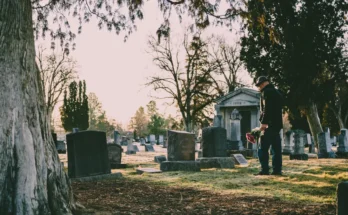Lacey once believed she had a loving partner in Aidan, a man who won her heart with thoughtful gestures like remembering her coffee order and bringing her homemade soup when she was ill. They married with hopes for a happy future, and when Aidan urged her to quit her marketing career to focus on family life, she trusted his vision, believing love required sacrifice.
But soon after, Aidan changed. The warmth and care faded into cold routines and strict control. Lacey found herself isolated, living by a list of chores taped to the fridge—groceries, cleaning, cooking—daily demands with no gratitude or partnership. Her dreams and independence were sidelined; attempts to work freelance were dismissed. She felt less like a wife and more like unpaid staff in her own home.
Despite quiet suffering, Lacey hoped for better days, clinging to memories of the man she loved. But on Aidan’s 35th birthday, everything broke. During the party she painstakingly prepared, he publicly accused her of “living off him,” eating for free, and not even getting him a gift. The room fell silent at his harsh words.
Then, unexpectedly, Lacey’s father spoke—cutting through the tension with pointed truth. He called out Aidan for benefiting from Lacey’s sacrifice and reminded everyone of the invisible labor she contributed to the household and party. Lacey’s mother echoed this, demanding respect and recognition for her daughter’s efforts, stating that if her work was a job, she deserved to be paid.
Faced with their combined confrontation, Aidan was speechless. Lacey revealed she had been working remotely all along, saving money, and even bought Aidan a surprise trip to the Maldives. However, deciding to reclaim her life, she revealed she would travel alone—and file for divorce upon return.
As she left, the house fell silent. The next days were a mix of confrontation and relief, with family reactions swirling around Aidan’s embarrassment. Lacey embraced solitude and independence on her solo trip, feeling the healing power of distance and freedom.
Returning revealing a changed woman, she no longer carried anger, just clarity. She mourned the loss of the man she thought Aidan was but was proud of the strength she found to leave before losing herself. Grateful they hadn’t had children, she understood the cost of raising a man was too high.
Her story ends as a powerful message of self-respect, independence, and the courage to reclaim one’s own life—even when love turns cold.


